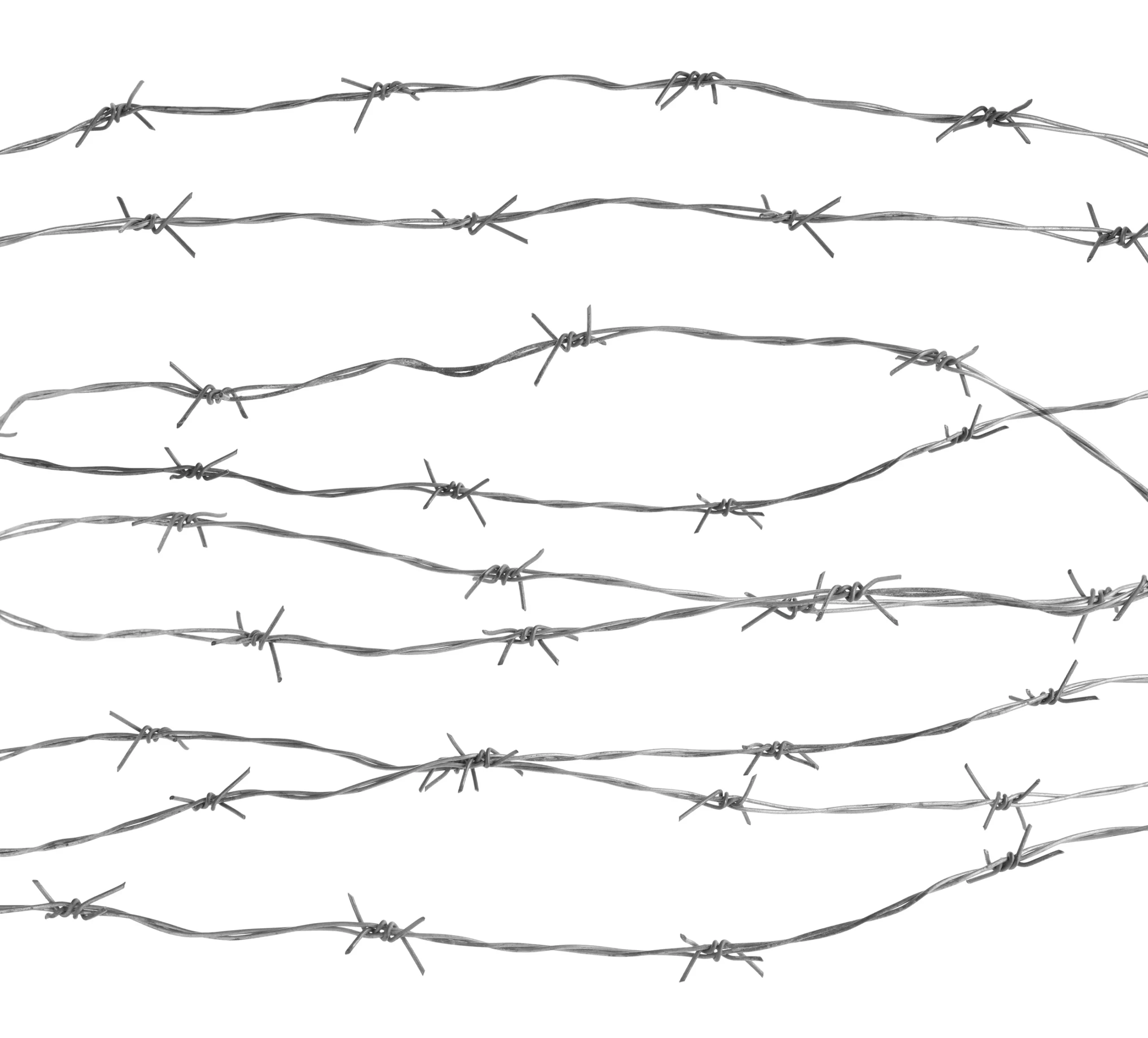Summer often conjures images of sun-soaked days, leisure, and laughter. The nation’s mood seems to shift, and everywhere we look, we’re told that “summer is when everyone’s happiest due to longer days and warmer weather”. However, contrary to the widespread belief that summer is universally joyful, some find it particularly challenging. For many, this season brings an unexpected guest: summer depression.
The stark contrast between societal expectations of seasonal enjoyment and the reality faced by those experiencing summer depression is profound. As the world around them appears to revel in the warmth and extended daylight, individuals with summer depression navigate a very different reality.
Statistically, the impact of summer depression is significant, yet this lesser-known form of seasonal affective disorder (SAD) often goes unreported. Many may not even realise that their seasonal struggle is a valid form of depression that affects a substantial portion of the population each year.
Understanding Summer Depression
Summer depression is a specific manifestation of summer SAD, which presents unique challenges that diverge significantly from the commonly discussed winter blues.
Unlike the winter version, which is often triggered by the lack of sunlight and shorter days, summer depression is influenced by the abundance of daylight, heat, and a drastic shift in daily routines. People experiencing this form of depression can face various intensified symptoms due to prolonged exposure to bright light, which can disrupt sleep patterns and circadian rhythms.[1]
Symptoms of summer depression can include:
- Persistent sadness
- Loss of interest in typically enjoyable activities
- Unexplained agitation
- Anxiety
Physical manifestations might also occur, such as changes in appetite or sleep patterns, which are directly influenced by the season’s extended daylight hours and elevated temperatures.
Biological factors also play a significant role in summer depression. Extended exposure to sunlight can lead to changes in melatonin production, which affects sleep quality and mood regulation. Moreover, the heat can lead to discomfort and lethargy, exacerbating feelings of irritability and low energy, common depressive symptoms.
Environmental triggers such as irregular summer schedules and societal pressure to ‘make the most’ of good weather also contribute to summer SAD. This pressure can create a sense of inadequacy and increased stress, particularly among those who feel disconnected from the cheerful, warm weather activities happening around them.
Challenges Unique to Summer
Summer depression is not merely a product of the season’s characteristics. It is deeply intertwined with various social and personal challenges that can exacerbate the condition.
One of the primary difficulties individuals face during this season is the disruption of regular schedules. The longer daylight hours and a general shift towards a more relaxed routine can significantly alter sleep patterns, affecting emotional and psychological well-being.
Body image issues also come to the forefront during summer. Wearing less clothing due to the heat and at places like the beach can significantly heighten self-consciousness and body-related anxieties. This can be particularly challenging for those already struggling with low self-esteem or body dysmorphia, turning what should be a leisure activity into a source of stress and anxiety.
Observing others engaging happily in summer activities can intensify feelings of isolation or sadness when the opposite is true, and the social pressure to constantly enjoy oneself can create a stark dissonance for those feeling internally despondent.
Strategies for Managing Summer Depression
Managing summer SAD effectively requires a holistic approach that combines routine, diet, physical activity, and social engagement. Establishing a stable routine is essential, especially for those whose schedules become irregular during summer, and maintaining consistent sleep, eating, and activity schedules can help stabilise mood and improve overall mental health.
Excessive heat may also contribute to this condition and can exacerbate discomfort and agitation, so cold showers are suggested as a treatment.[2][3] Additionally, staying indoors during peak heat times, using air conditioning, and wearing light, breathable clothing can help mitigate some of the physical discomforts that may lead to or worsen depressive symptoms.
Isolation can be a significant factor in depressive states, so maintaining a social network during summer can help alleviate feelings of loneliness. Planning regular activities with friends or family, whether indoors or in cooler outdoor settings, can provide necessary emotional support and distraction from depressive thoughts.
A balanced diet rich in fruits, vegetables, and lean proteins can also help to improve energy levels and overall well-being. Physical activity, particularly exercises like yoga, swimming, or evening walks, can reduce stress hormones and stimulate the production of endorphins, which are natural mood lifters.
Professional Help and Coping Mechanisms
For those experiencing severe summer depression, seeking professional help is essential. There are no specific treatments specific to summer SAD – unlike the light therapy on offer for winter SAD;[4] however, mental health professionals can offer tailored advice and treatment plans.
Cognitive behavioural therapy (CBT) is particularly effective for addressing negative thinking patterns and behaviours. For some individuals, medication may be necessary to manage symptoms effectively, and summertime may require adjustments in dosages or types of medication due to changes in routine and sunlight exposure.
Supportive therapies, such as group therapy or family counselling, can also provide significant benefits. These therapies allow individuals to explore their feelings in a safe environment and gain support from others who understand their experiences. Additionally, lifestyle adjustments play a crucial role, and simple positive changes can have profound effects on mental health.
It’s also important to acknowledge feelings and know when to seek help, as early intervention can prevent symptoms from worsening.
Get Help for Summer Depression Today
At Assured Healthcare and Wellness, we are dedicated to providing tailored support and understanding to those facing the unique challenges of summer SAD, and our personalised care plans are delivered in the comfort of your own home.
If you or someone you know is struggling with summer depression, we encourage you to reach out. We’re here to help.
Sources:
- https://pubmed.ncbi.nlm.nih.gov/36244199/
- https://pubmed.ncbi.nlm.nih.gov/2653269/
- Wehr TA, Giesen H, Schulz PM, et al. Summer depression: description of the syndrome and comparison with winter depression. In: Rosenthal NE, Blehar MC, eds. Seasonal Affective Disorders and Phototherapy. New York: Guilford Press; 1989:55-63.
- https://www.nimh.nih.gov/health/publications/seasonal-affective-disorder



